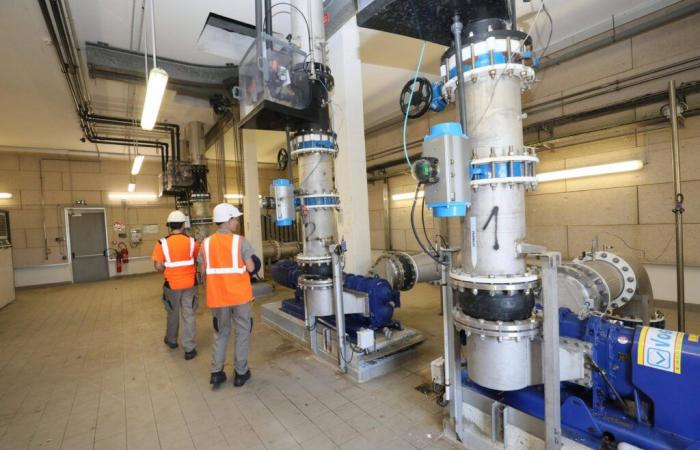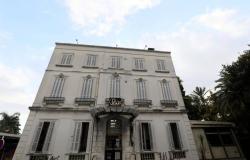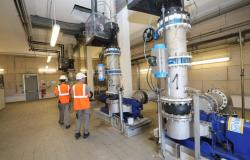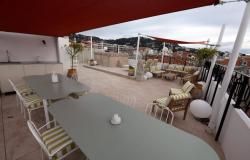
Transform waste into a resource, and thus save drinking water. This is what the Cannes Pays de Lérins Urban Community (CACPL) wishes, which announced, this Monday on the occasion of its last council of the year 2024, the launch of a heating network using water worn.
After the marine energy projects (thalassothermy) to power the Croisette and the city center of Cannes, and biomass to meet the needs of the districts of La Frayère, Ranguin and Bastide rouge in La Bocca, this is the third project , approved by the CACPL, which aims to recover treated wastewater.
The creation and operation of this ecological innovation have been entrusted to the operator Dalkia via a 25-year public service delegation.
Less public spending
“We are able to accelerate the decarbonization of our energy by joining forces with private partners, welcomed David Lisnard, president of the agglomeration. The latter take responsibility for financing and building these networks, which avoids additional public spending. After marine energy and biomass, we will use sewage water treated at the sanitation station to meet the thermal needs of residents and professionals in the living area.”
This third project consists of the recovery of calories produced by wastewater from the Aquaviva treatment plant in order to heat 4,230 housing equivalents in Mandelieu-la-Napoule, in the Mandelieu center and Marina sectors. The calories from this wastewater will also be used to cool the clean rooms of the Thalès Alenia Space company’s space factory.
With this in mind, the network, of which 50% of the heat pump power supply will be carbon-free, will avoid the annual emission of 5,202 tonnes of CO2.
“An ambitious energy transformation”
The investment made by the delegatee is 23.6 million euros excluding tax. In addition, the agglomeration is counting on a saving of around 15% for households, with a stable price.
“This is a very good step forward, after years of effort and work, rejoiced Sébastien Leroy. It is a project that draws inspiration from evolution and ambitious energy transformation. It’s a great operation that will inspire many others.”
With this third operation (thalassothermy, biomass and wastewater, therefore), private investment represents 83 million euros for 28km of network. These three heating networks should avoid the emission of 17,340 tonnes of CO2 each year.





